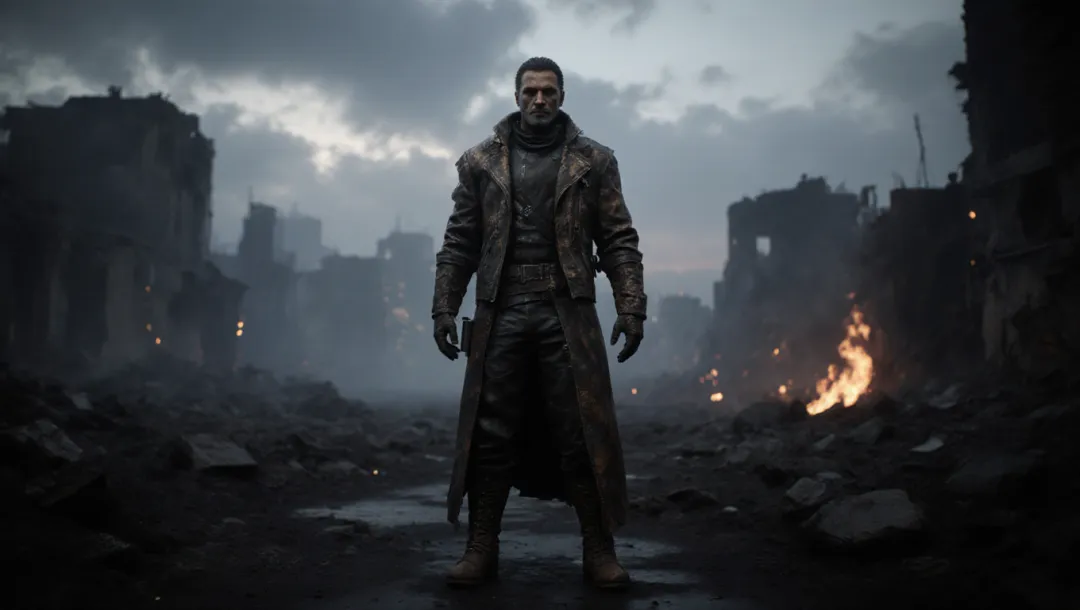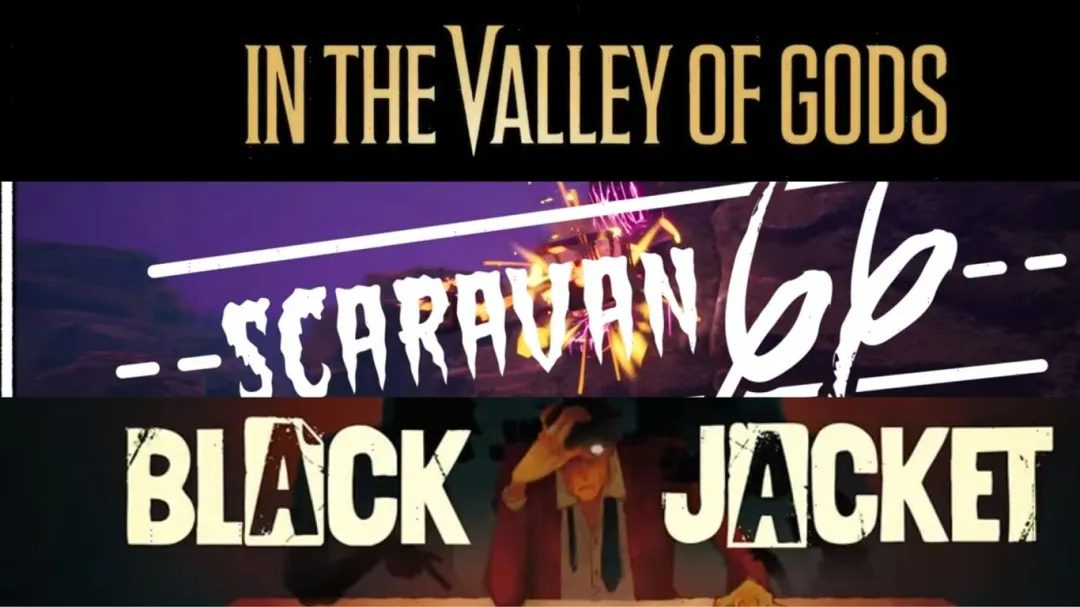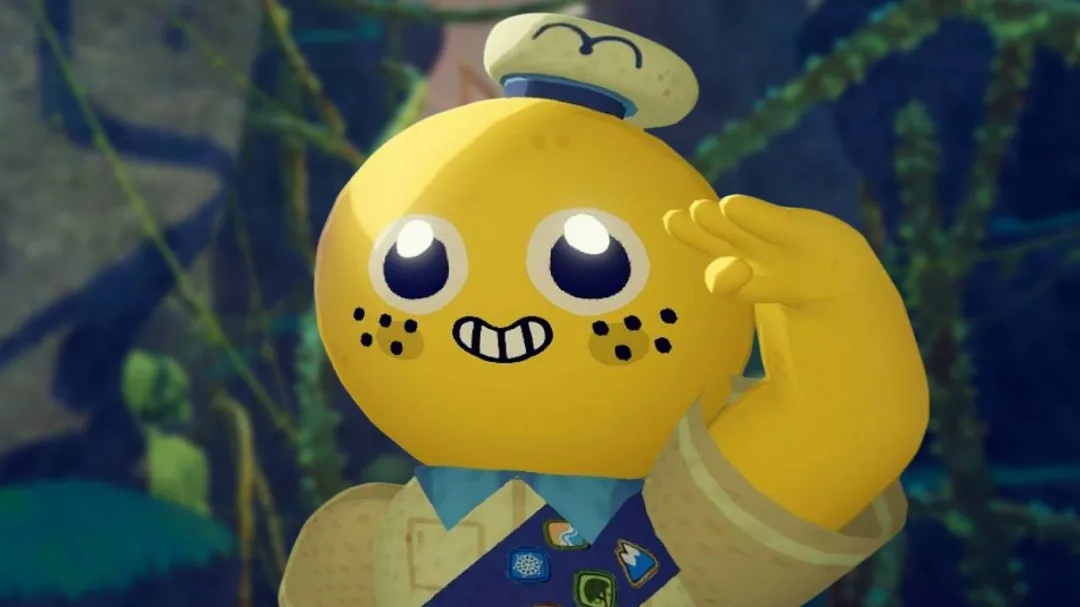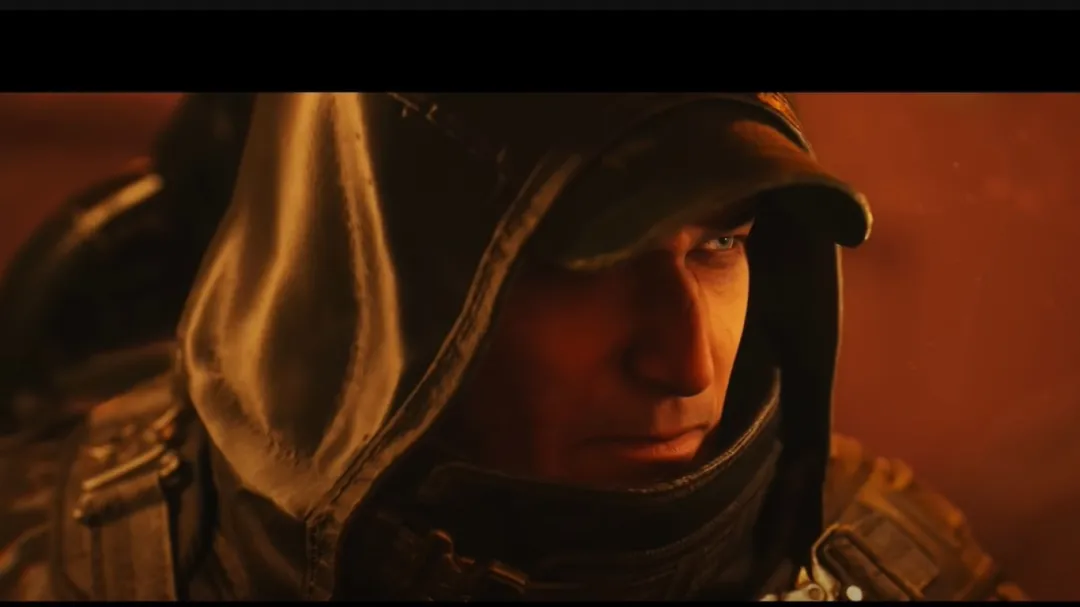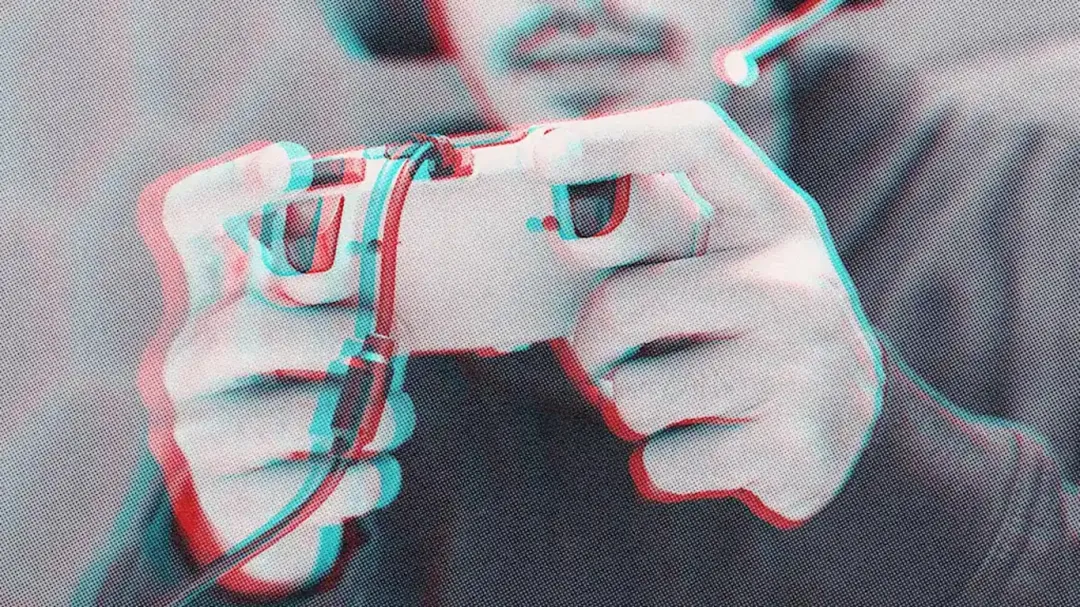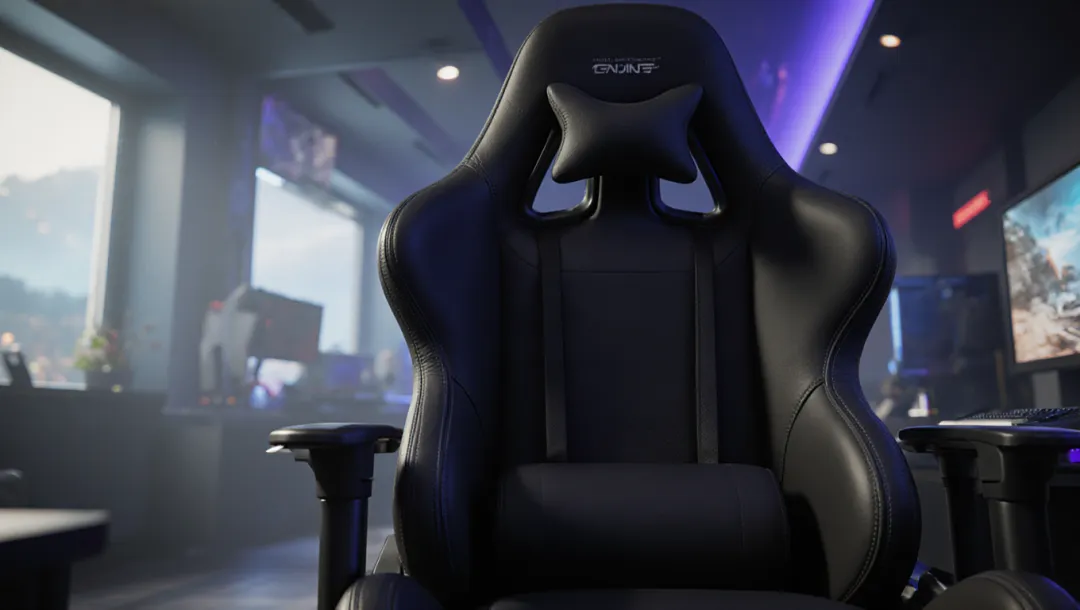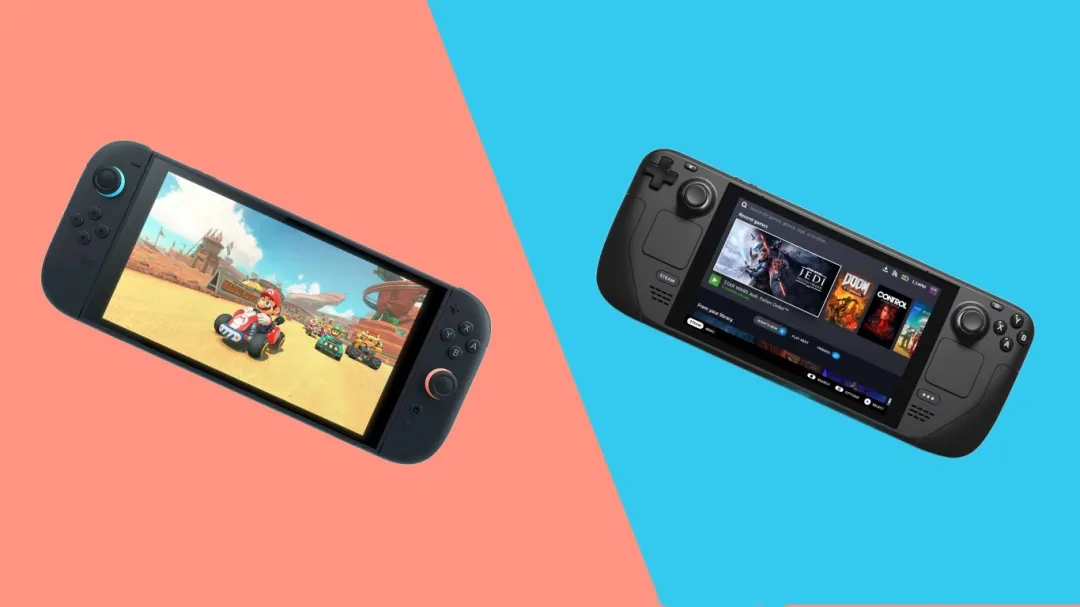The Last of Us 2 Dominates Gaming as HBO Faces Challenges in Season 2
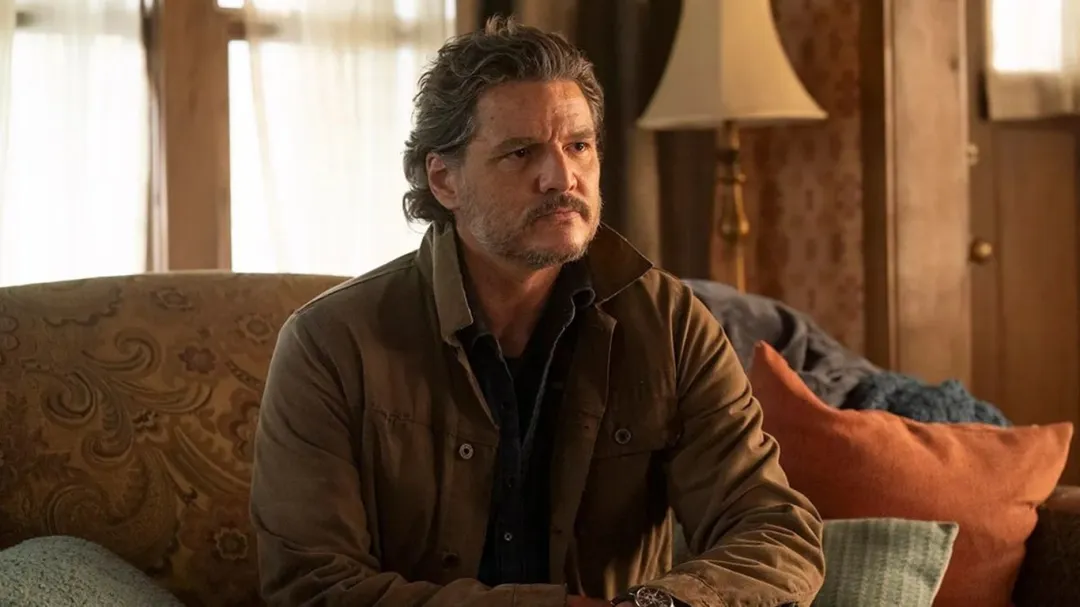
In Los Angeles, The Last of Us Part II has long been celebrated as an extraordinary achievement in video game storytelling and design, setting a benchmark in interactive entertainment. Its complex characters and emotionally charged narrative earned widespread critical acclaim internationally.
Conversely, the second season of HBO’s television adaptation has encountered mounting criticism. Viewers and media analysts report increasing dissatisfaction with the showrunner’s creative directions, which diverge significantly from the source material’s nuanced storytelling and character development.
Experts such as media critic Dr. Evelyn Shaw from the University of Southern California underscore the challenge adaptations face when balancing faithfulness to original content and innovating for new audiences. Dr. Shaw notes, ‘The success of the video game raises audience expectations to a level that the series’ current narrative choices struggle to meet.’
These concerns highlight broader industry debates on how best to translate interactive experiences into linear narratives on screen, where the emotional engagement hinges heavily on careful scriptwriting and character portrayal.
As HBO’s The Last of Us series proceeds, the divergence in reception between the game and the show’s second season underscores an important discourse on adaptation fidelity and the evolving expectations of culturally significant media franchises.
